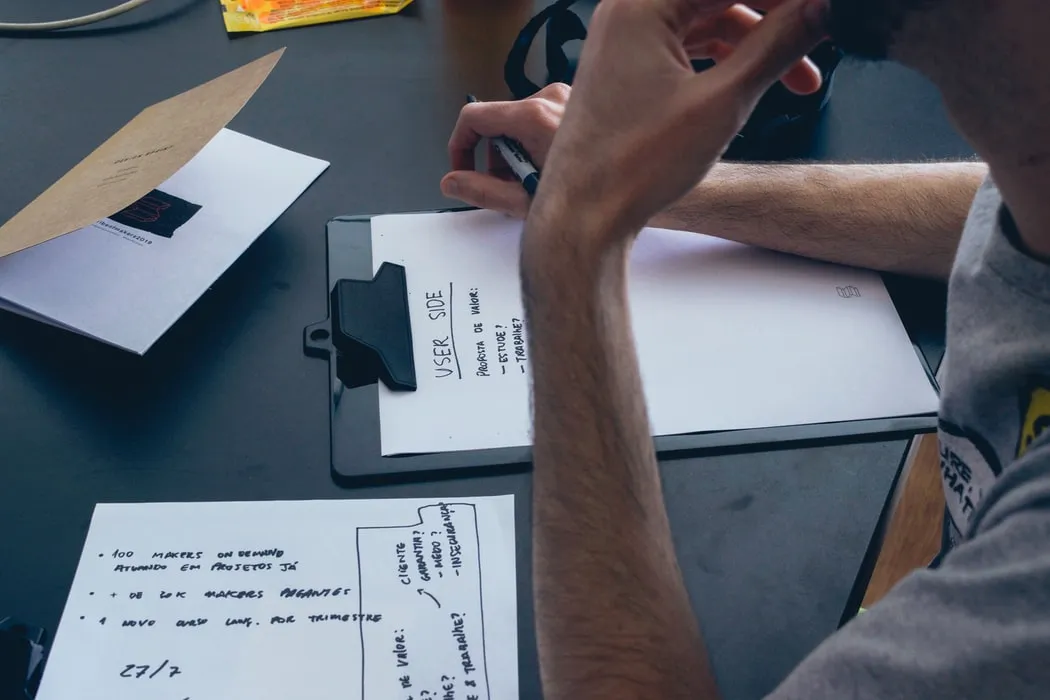521 reads
Backend Developers And UX Design: Who Should Pay Attention?
by
June 28th, 2020
Passionate about influencing business audience. Fond of AI, IoT, Machine Learning and Blockchain.
About Author
Passionate about influencing business audience. Fond of AI, IoT, Machine Learning and Blockchain.
